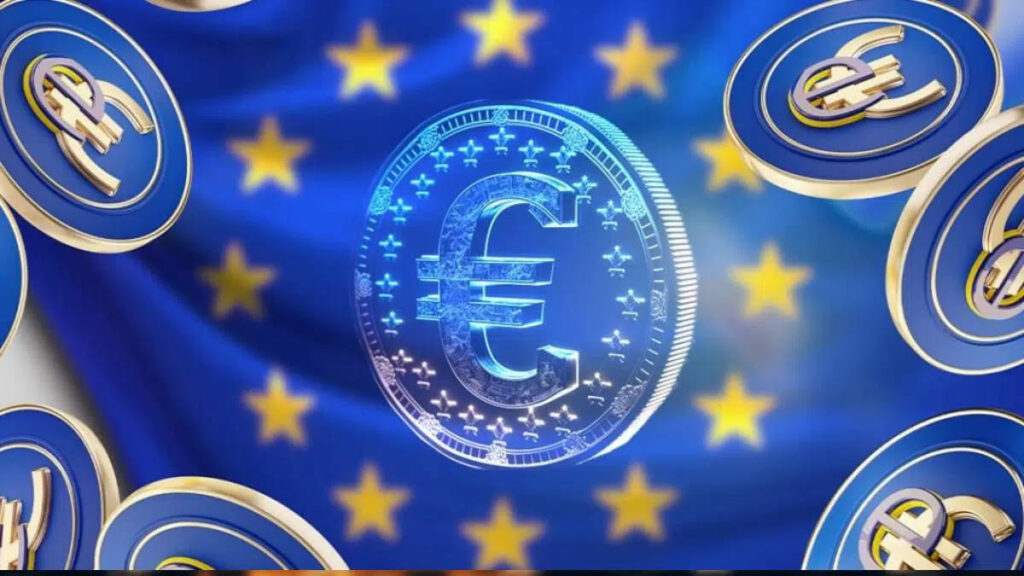TL;DR
- Eurosystem’s digital euro project enters an intensive preparatory phase.
- Five calls have been launched to select key suppliers.
- Progress is being made in defining the regulatory and technical framework to guarantee privacy and security.
The Eurosystem, made up of the European Central Bank and the national central banks of the eurozone, has announced the intensification of its digital euro project, a move that raises serious concerns about the future of financial freedom in Europe.
This development aims to radically transform the payment system of the euro region, presenting itself as a digital alternative to cash under the promise of strategic autonomy and reduction of external dependencies.
We’ve published a report summarising our progress on the digital euro project since the preparation phase started on 1 November 2023.
Read the full report https://t.co/ifSA7TtE4V
1/2 pic.twitter.com/owbOi6Dfc5
— European Central Bank (@ecb) June 24, 2024
During the preparatory phase, which will last until October 2025, they will focus on the development of the digital euro regulation, as well as the selection of suppliers for the blockchain digital platform and infrastructure.
This period is crucial to establish the regulatory and technical foundations before proceeding with the implementation of the digital euro.
One of the biggest concerns lies in the preservation of user privacy.
Although it is claimed that privacy and data protection measures will be implemented, the reality is that the euro CBDC could facilitate unprecedented financial surveillance.
With advanced tracking capabilities and potential access to real-time transaction data, there is a significant risk of erosion of the financial privacy of European citizens.
The design of the digital euro includes features for both online and offline transactions, with supposed safeguards such as pseudonymization and message encryption.
However, these measures are not enough to counter concerns about the monitoring and potential misuse of personal financial data.
Recently, the Eurosystem has launched calls to select key suppliers who will develop essential components of the digital euro, such as risk management and secure payment information exchange services.
These fundamental technological decisions could further consolidate centralized control over digital financial flows, raising serious questions about the true intention behind the digital euro and its impact on financial diversity and privacy in Europe.
Potential impact and next steps of the Digital Euro
The introduction of the digital euro could represent a radical change in the eurozone economy and financial system.
Although it is argued that it would improve the efficiency of retail payments and reduce dependence on non-European suppliers, it is also likely to strengthen state control over financial transactions.
This could undermine financial freedom by imposing constant surveillance and complete traceability of citizens economic activities.
Critics of the digital euro point out that, far from encouraging financial innovation, this project could inhibit competition and diversity in the cryptocurrency ecosystem.
By centralizing power in the hands of government institutions, there is a risk of limiting decentralized alternatives and favoring a model that prioritizes control over individual autonomy.
In the coming months, the Eurosystem will continue to advance the development of the digital euro, which will require significant adjustments to the regulatory framework to address privacy and security concerns.
However, with each step towards the implementation of the digital euro, doubts about its true agenda and the possible negative effects on financial freedom and privacy in Europe intensify.











